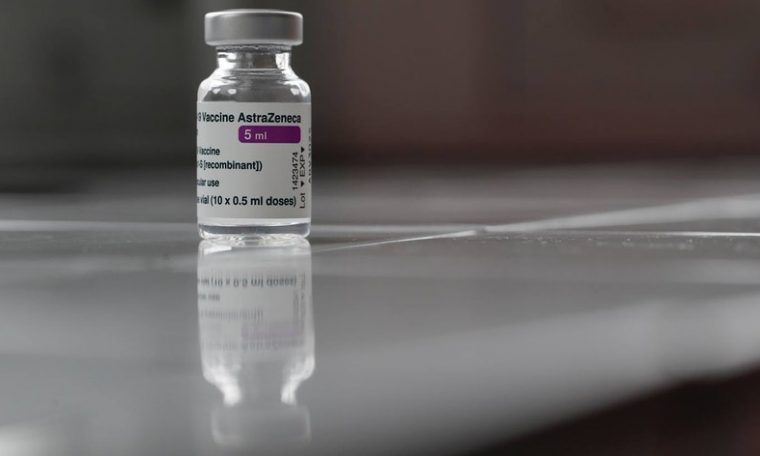
India will stop the export of AstraZeneca to respond to domestic needs. Faced with an increase in Kovid-19 cases in the country, the executive began vaccinating people over 45 years of age from 1 April.
This measure, which will also have an impact on vaccination in Europe, is still a major setback for COVAX, an international initiative in collaboration with the WHO to bring vaccines to the poorest countries.
Slow vaccination in Europe
The scenario is similar in the European Union. EU leaders are going to have a virtual meeting today to analyze ways to accelerate vaccination in various countries.
According to the BBC, the European Commission will seek support for greater control over the release of vaccines from the European bloc.
This conversation has taken place at a time when the number of Kovid-19 cases is continuously increasing across Europe. Portugal, at the moment, is happening in the rest of the countries, especially in the north and east.
Vaccination campaigns in the European Union have been slow, especially when compared to countries such as the United Kingdom, Israel, or the United States.
The commission blames AstraZeneca for the situation, not for distributing the doses she has given.
A collision situation arose after 29 million doses were found during an inspection at a pharmaceutical plant in Italy.
At the commission’s request, security forces inspected a factory in Anagni, near Rome, where they received vaccines.
Many were immediately seized. Two were sent to Belgium. Each batch may contain approximately one million doses.
At the end of Wednesday, AstraZeneca said the dose it received was destined for the European Union and the Covax consortium.
The pharmacists claimed that they were there because they had yet to undergo quality control.



